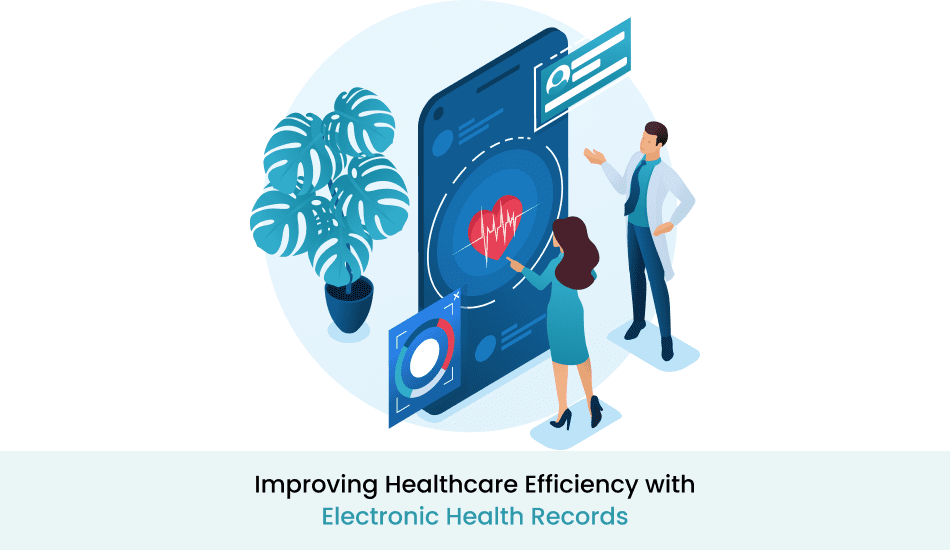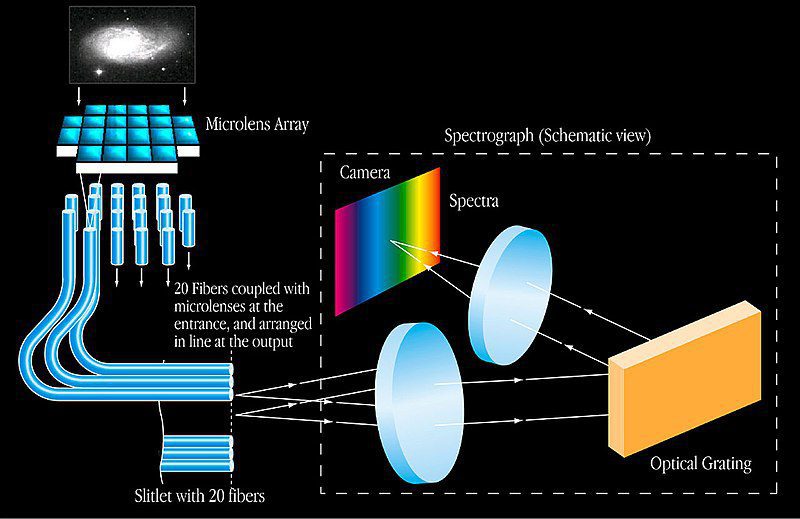
The healthcare enterprise is hastily evolving, and adopting electronic health records (EHRs) plays a crucial role in enhancing efficiency and affecting personal results. EHRs serve as virtual variations of a patient’s paper chart, designed to streamline workflows, decorate communique, and ensure statistics accuracy. By integrating those structures into healthcare facilities, organizations can optimize their operations whilst handing over higher care to patients.
Understanding Electronic Health Records (EHRs)
An Electronic Health Record is a complete virtual device that stores affected person records, which include clinical records, diagnoses, medicines, treatment plans, immunization dates, allergic reactions, radiology pictures, and laboratory check consequences. Unlike traditional paper information, Electronic Health Records allow legal healthcare vendors to get entry to up-to-date facts instantly, getting rid of delays due to manual documentation.
According to the Office of the National Coordinator for Health Information Technology (ONC), as of 2021, ninety percent of non-federal acute care hospitals in the United States have followed EHR structures. This considerable adoption highlights the developing reputation of Electronic Health Records as crucial gear for modern healthcare.
How Electronic Health Records Improve Healthcare Efficiency
1. Streamlining Administrative Tasks
One of the most giant advantages of Electronic Health Records is their capacity to reduce the administrative burden on healthcare professionals. Manual approaches together with scheduling appointments, coding for billing, and preserving paper charts eat valuable time and resources. EHRs automate those duties, releasing time for the workforce to recognize patient care.
A look posted in Health Affairs discovered that practices in the usage of EHRs stated a 6% reduction in administrative prices as compared to the ones relying on paper records. This efficiency immediately affects operational fees, allowing healthcare corporations to allocate resources extra successfully.
2. Enhancing Clinical Decision-Making
Electronic Health Records enhance clinical selection-making by way of supplying real-time get right of entry to accurate and comprehensive patient facts. Physicians can fast review medical histories, laboratory results, and imaging studies, permitting them to make informed choices. Additionally, EHRs consist of integrated clinical selection assist tools, which include signals for capability drug interactions or reminders for preventive care measures.
For instance, an examination in The Journal of the American Medical Informatics Association said that Electronic Health Records reduced medication errors using 52% in hospitals geared up with superior selection-assist functions. This development enhances patient protection and reduces the chance of damaging activities.
3. Facilitating Coordination of Care
Coordinating care amongst a couple of providers is important, particularly for sufferers with continual situations requiring input from professionals. Electronic Health Records permit seamless communication and statistics sharing throughout healthcare teams, reducing duplication of assessments and making sure of continuity of care.
For example, a patient present process surgical operation may additionally need pre-operative critiques from a number one care physician, lab results, and imaging research. EHRs consolidate this information in one vicinity, handy to all relevant vendors, ensuring a smoother care journey for the affected person.
4. Improving Patient Engagement
Electronic Health Records empower patients to take an active position in their healthcare through patient portals. These portals provide entry to medical records, test effects, and appointment scheduling. Patients can speak with their providers at once, main to better engagement and adherence to treatment plans.
A take a look at using The American Journal of Managed Care discovered that affected person engagement through EHRs advanced adherence to prescribed medicines by using 15%, resulting in better fitness outcomes. Empowering sufferers with reachable records fosters acceptance as true and collaboration among sufferers and vendors.
5. Reducing Errors and Enhancing Accuracy
Traditional paper-primarily based data are liable to errors, which include illegible handwriting, missing information, and out-of-place files. EHRs dispose of these issues via standardizing information entry and garage. Features like automobile-fill fields, dropdown menus, and obligatory facts access decrease mistakes.
According to the Institute of Medicine, enforcing EHRs can lessen documentation mistakes by as much as eighty-five percent, ensuring correct and dependable patient records. This accuracy is crucial for diagnosing conditions, prescribing medicines, and growing treatment plans.
6. Supporting Data-Driven Insights
EHRs acquire good-sized quantities of records that may be analyzed to pick out tendencies, measure effects, and enhance healthcare delivery. Healthcare groups can use these insights to discover gaps in care, optimize resource allocation, and develop targeted interventions.
For example, in a sanatorium, the usage of Electronic Health Records analytics may discover an excessive readmission rate for patients with heart failure. By inspecting the data, the medical institution could put in force strategies to address this trouble, which include post-discharge follow-united States of America or patient training applications.
Challenges in Implementing EHRs
While the advantages of EHRs are considerable, their implementation isn’t without demanding situations. High initial charges, personnel resistance, and technical issues can restrict adoption. A 2020 survey using the Medical Group Management Association found that 44% of respondents mentioned price as the number one barrier to enforcing Electronic Health Records.
Training the body of workers to use the machine correctly is any other common assignment. Without the right training, healthcare specialists might also want to navigate the gadget, decreasing its effectiveness. Additionally, issues about information privacy and security ought to be addressed to ensure compliance with policies just as the Health Insurance Portability and Accountability Act (HIPAA).
The Future of EHRs in Healthcare
As the era continues to improve, the future of electronic Health Records appears promising. Here are a few developments shaping the evolution of those structures:
Interoperability
Efforts to enhance interoperability are underway to enable seamless data exchange between one-of-a-kind EHR structures. This connectivity will beautify collaboration amongst vendors and make certain that sufferers acquire steady care, no matter in which they’re handled.
Integration with Telemedicine
The upward thrust of telemedicine at some stage in the COVID-19 pandemic highlighted the need for EHRs to integrate with virtual care systems. Combining Electronic Health Records with telemedicine ensures that patient data is no trouble to be had at some point during virtual consultations, enhancing the first-rate care brought remotely.
AI and Machine Learning
Incorporating synthetic intelligence (AI) and gadget-gaining knowledge into EHRs can further decorate their abilities. AI-powered tools can examine facts to predict affected person results, perceive at-chance populations, and advise customized remedy plans.
Improved User Interfaces
User-friendly interfaces and customization alternatives will make EHR systems more intuitive, decreasing the knowledge curve for healthcare experts. Simplified workflows will improve adoption quotes and make sure that providers can maximize the benefits of EHRs.
Cloud-Based Solutions
Cloud-based EHRs have become increasingly popular because of their scalability and cost-effectiveness. These systems offer steady admission to to affected person facts from anywhere, enabling healthcare companies to deliver care across a couple of places.
Conclusion
Electronic Health Records have transformed the healthcare panorama by way of improving efficiency, enhancing patient safety, and enabling information-driven decision-making. While challenges exist, the blessings of Electronic Health Records far outweigh the drawbacks, making them necessary gear in current healthcare.
Healthcare corporations that include EHR generation stand to advantage now not best operational efficiencies however additionally higher patient outcomes. As improvements continue, Electronic Health Records will play an excellent extra crucial role in shaping the destiny of healthcare shipping, making sure that providers can meet the demands of an evolving enterprise even as setting sufferers first.








